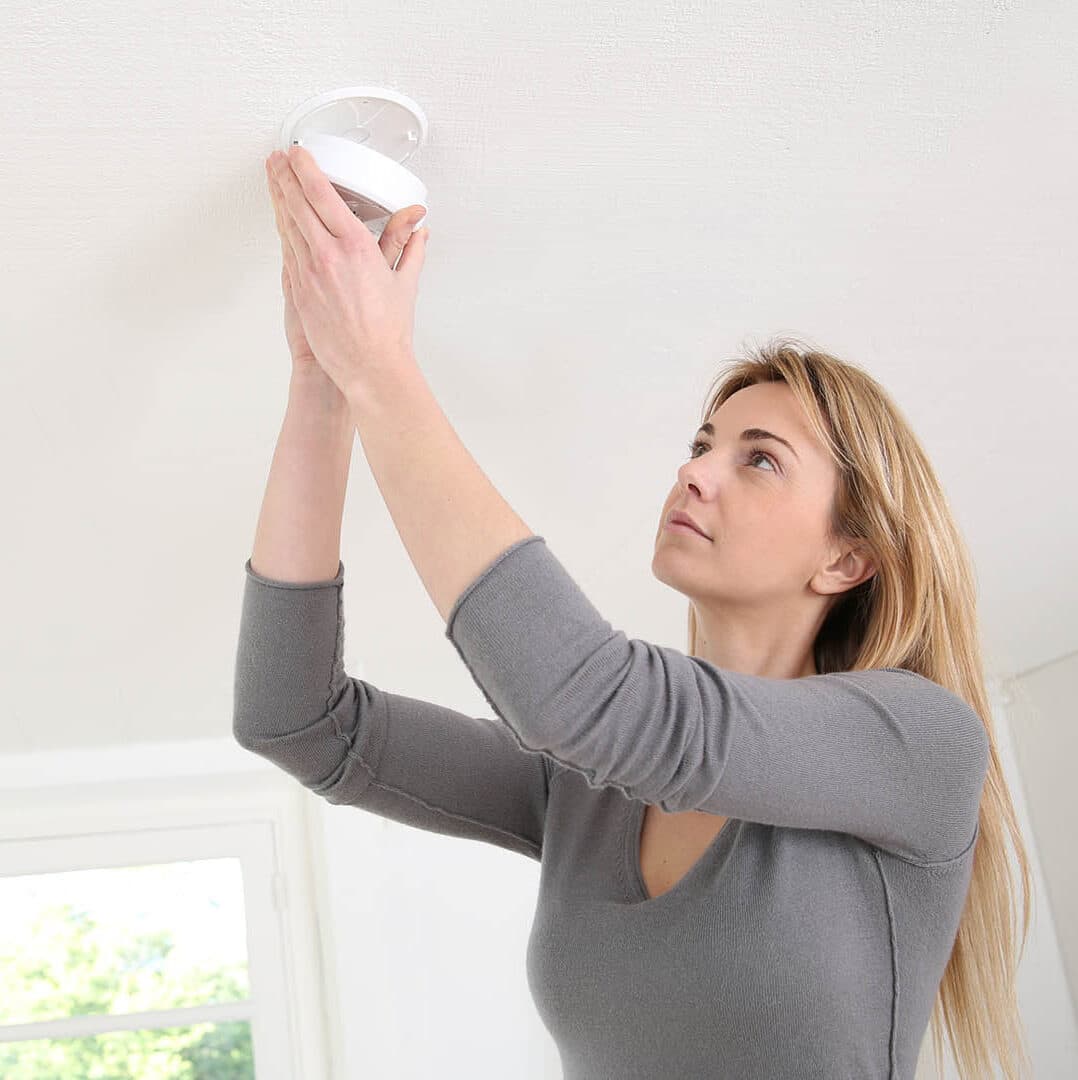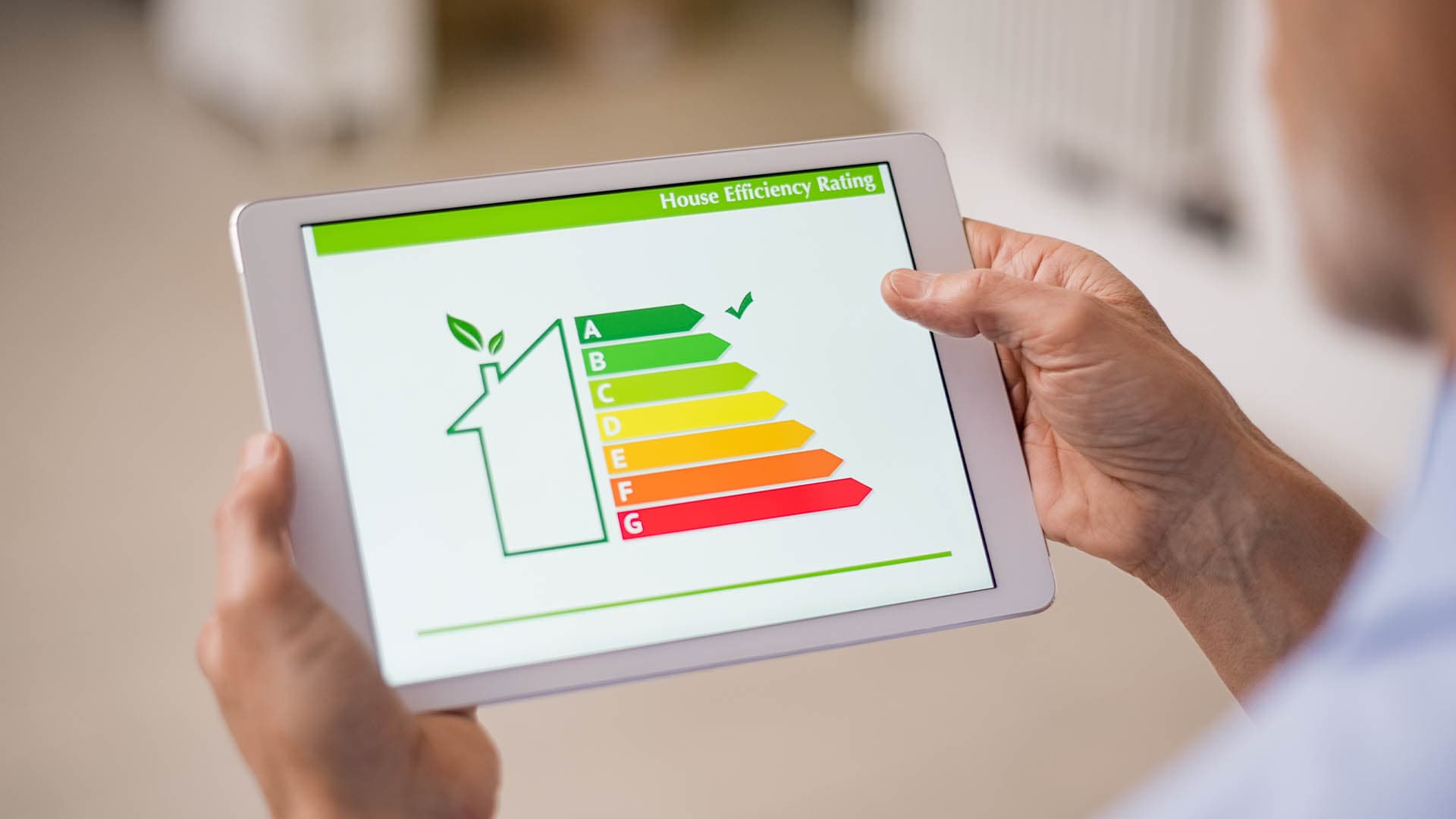
When preparing your property to let, our experienced lettings team will provide the latest information and guidance to ensure you meet all your legal obligations as a landlord.

The Electrical Safety Standards in the Private Rented Sector (England) Regulations 2020 require landlords to ensure the safety of electrical installations in rental properties. Effective from June 1, 2020, landlords must obtain an Electrical Installation Condition Report (EICR) confirming the system’s satisfactory condition. For new or renewed tenancies from July 1, 2020, the EICR must be provided to tenants before the tenancy starts and updated every five years. Any required remedial work must be completed within 28 days, with written confirmation given to tenants or the local authority. Addressing improvement recommendations is advised but not mandatory.

Landlords must comply with the Gas Safety (Installation and Use) Regulations 1998 by ensuring annual gas safety checks for all gas appliances, installations, flues, and pipework. They must provide tenants with a valid Gas Safety Certificate (GSC) at the start of the tenancy and within 28 days of each subsequent check.
The tenancy cannot commence without a valid GSC, which must be retained for two years. It is also recommended to service gas appliances alongside carbon monoxide alarms.

Under the Building Regulations (England and Wales) 2010, properties built since 1 June 1992 are required to have mains-powered smoke alarms. The Smoke and Carbon Monoxide Alarm (England) Regulations 2015, effective from 1 October 2015, further mandate that:

Since 1 October 2008, under the Energy Performance of Buildings Regulations 2007 in England and Wales, landlords must provide prospective tenants with an Energy Performance Certificate (EPC) at the start of a new or renewed tenancy. The EPC, issued by an accredited energy inspector, is valid for 10 years. It is recommended to obtain a new EPC after significant energy-efficiency improvement works on the property.

It is a criminal offence to rent out properties containing upholstered furniture or soft furnishings with non-compliant foams under the Furniture and Furnishings (Fire Safety) Regulations 1988 (amended in 2010). These regulations require that such items must be match-resistant, cigarette-resistant, and display a permanent compliance label.

The Housing Health and Safety Rating System (HHSRS) was introduced under the Housing Health and Safety (England) Regulations 2005, coming into force on 6 April 2008. This system is designed to assess the potential health and safety risks in residential properties, particularly for tenants. It covers 29 hazards that could affect the health and safety of occupants. Local councils use this system to conduct property inspections and determine whether intervention is necessary to ensure safe and healthy living conditions.

If your property is mortgaged, you need written consent from your lender to rent it out. If it’s leasehold, you may also need permission from your landlord to sub-let.

If your property is mortgaged, you need written consent from your lender to rent it out. If it’s leasehold, you may also need permission from your landlord to sub-let.

Landlords must legally have buildings insurance for rental properties. Additionally, it’s recommended to consider contents insurance, rent guarantee coverage, and legal expenses insurance.
